The provincial agricultural sector is strengthening monitoring and management of the total herd and synchronously implementing measures to propagate bird flu prevention. Determined not to let the disease occur in the area.
Vaccination against avian influenza is one of the effective measures to help prevent the outbreak of the disease.
Be alert for disease
Avian influenza is an infectious disease of birds (including poultry, wild birds) and mammals. The disease is caused by type A virus. Some strains of the virus are very dangerous if transmitted to humans. Therefore, disease prevention and control in livestock farming must be a top priority. In Hau Giang , propaganda work on disease prevention and control in animals is carried out regularly and continuously. From there, knowledge of disease prevention is improved, helping farmers proactively protect their flocks effectively.
During the current period of alternating sunny and rainy weather, Mr. Ho Van Tam, in Vi Trung commune, Vi Thuy district, is highly vigilant against dangerous poultry diseases. Mr. Tam said that to minimize the risk of disease outbreaks, I regularly disinfect, sterilize, and sprinkle lime powder around the confinement area. Lime powder is also sprinkled at the entrances and exits of the barns and in damp areas. It is important to have a firm grasp of disease prevention knowledge and symptoms of avian influenza, in order to promptly handle any unusual symptoms in poultry.
As one of the long-time livestock farmers, Mr. Nguyen Thanh Lap, in Dai Thanh commune, Nga Bay city, shared: “In addition to the regular disinfection sprays carried out by veterinary staff, I always stock up on chemicals and lime powder to spray and disinfect the barns, spreading them at the entrances. With a flock of nearly 100 chickens, after each batch of raising and selling, I spend about 1 month to quarantine them from the new batch. Also during this time, I clean and sanitize the barn before releasing the chicks in. To be more cautious, in addition to avian influenza, I proactively contact the local veterinary office to vaccinate against other common diseases such as ecoli, cholera, gumboro, etc. Thanks to careful care, combined with adequate and correct vaccinations, my family has had a good income from livestock farming in recent years.”
According to the authorities, disease prevention for livestock and poultry, especially during the rainy season, needs to be implemented synchronously from the care and feeding stages to veterinary work to ensure the safety of livestock. The first priority is to fully vaccinate livestock and poultry according to the disease prevention schedule to increase the immunity of livestock. Clean barns and livestock equipment daily. One of the effective solutions that needs attention is to strengthen traffic control measures, promptly detect and strictly handle cases of transporting and trading animals and animal products of unknown origin in the market.
Hau Giang strengthens surveillance of poultry diseases.
Promote propaganda
According to the Ministry of Agriculture and Rural Development , recently, the avian influenza virus has continued to rage in Asian countries, in which some countries have detected human infections and deaths from a new highly virulent strain of the virus. To effectively prevent and control avian influenza, it is necessary to implement synchronous biosafety measures in livestock farming, enhance sanitation, disinfection, and sterilization; enhance feeding, care, vaccination, and strengthen disease surveillance.
Authorities recommend that when buying poultry to raise, it must be healthy, of clear origin, and not buy poultry sold on the street. Newly purchased poultry must be quarantined for at least 3 weeks and monitored daily. It is best to raise them according to the "together in, together out" formula. Poultry purchased from other provinces must have an animal quarantine certificate from the veterinary agency. For small-scale poultry farmers, they must comply with the vaccination of poultry against influenza by the veterinary agency and local authorities. For poultry farms, they must proactively vaccinate poultry against influenza according to the instructions of the provincial Department of Animal Husbandry, Veterinary Medicine and Aquatic Products.
Implement biosecurity in livestock farming, ensure hygiene and disease prevention, provide nutritious food for healthy poultry, increase resistance. Barns must ensure veterinary hygiene, ventilation, and reasonable stocking density. Regularly clean barns, collect and treat waste. Disinfect barns, livestock equipment, and means of transport with disinfectants such as lime powder, Benkocid, Virkon, Formol, etc. once or twice a week.
Mr. Trinh Hung Cuong, Deputy Head of the Provincial Department of Animal Husbandry, Veterinary Medicine and Aquatic Products, added: Poultry breeders, slaughterers, and traders must proactively monitor and closely monitor the health of poultry flocks every day to promptly detect unusual signs. When detecting rapid or large deaths of poultry, or rapid spread of disease, it is necessary to immediately report to the Animal Husbandry, Veterinary Medicine and Aquatic Products Station or local authorities for timely inspection and handling. In addition, people need to strictly follow the "5 no's" (no free-range poultry; no trading or transporting sick or dead poultry; no eating sick or dead poultry; no hiding epidemics; no dumping poultry carcasses indiscriminately into the environment). Strictly carry out the destruction of sick poultry flocks, disinfection and sterilization of epidemic areas according to the instructions of the Animal Husbandry, Veterinary Medicine and Aquatic Products Station or local authorities. In addition, farmers must be fully equipped with labor protection, bathe, and disinfect according to regulations before and after direct contact with poultry during the process of caring for and raising poultry.
Declare and register livestock farming with the People's Committee of the commune, ward or town to receive support and coordinate well with veterinary agencies and local authorities in applying measures to prevent and control avian influenza according to regulations. Cases of intentionally not declaring an epidemic; buying, selling, transporting sick poultry and poultry products; transporting poultry and poultry products without valid quarantine certificates will be handled according to the provisions of law.
Article and photos: KY ANH
Source link


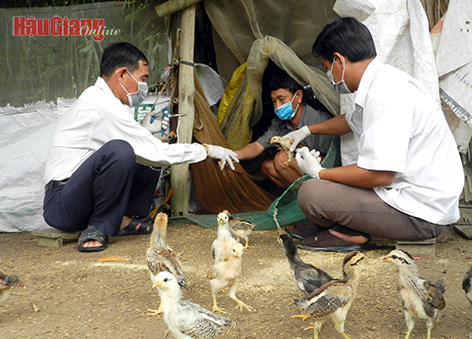
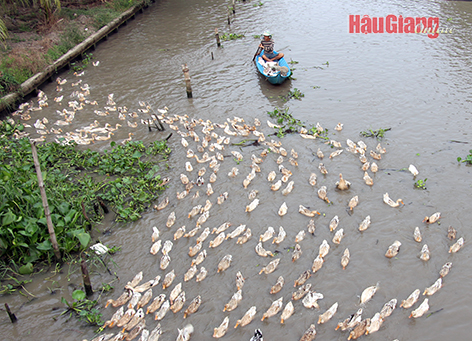

![[Photo] National Conference "100 years of Vietnamese Revolutionary Press accompanying the glorious cause of the Party and the nation"](https://vphoto.vietnam.vn/thumb/1200x675/vietnam/resource/IMAGE/2025/5/30/1cf6cd5c8a934ebfa347028dcb08358c)
![[Photo] General Secretary To Lam receives Chief of the Central Office of the Lao People's Revolutionary Party](https://vphoto.vietnam.vn/thumb/1200x675/vietnam/resource/IMAGE/2025/5/30/140435f4b39d4599a3d17975dfb444c5)
![[Photo] A delegation of 100 journalists from the Vietnam Journalists Association visits the soldiers and people of Truong Sa island district.](https://vphoto.vietnam.vn/thumb/1200x675/vietnam/resource/IMAGE/2025/5/30/0984a986227d4e988177f560d2e1563e)

![[Photo] Journalists moved to tears at the Memorial Service for the soldiers who died in Gac Ma](https://vphoto.vietnam.vn/thumb/1200x675/vietnam/resource/IMAGE/2025/5/30/9454613a55c54c16bf8c0efa51883456)

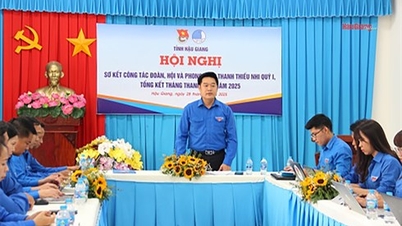


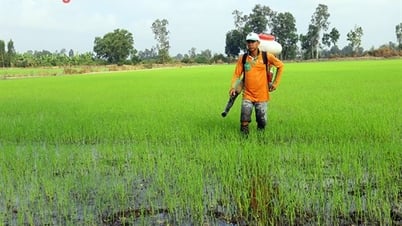
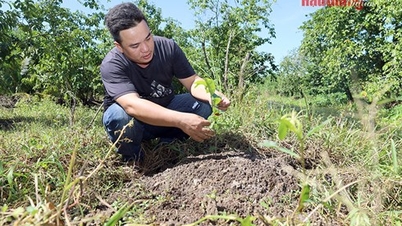




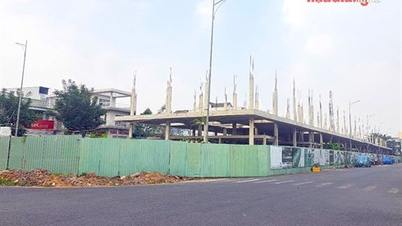

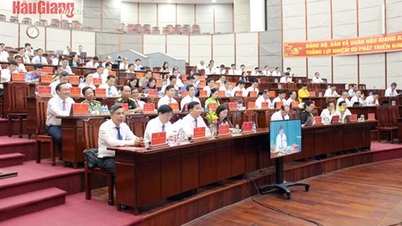
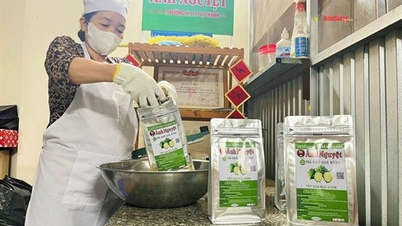
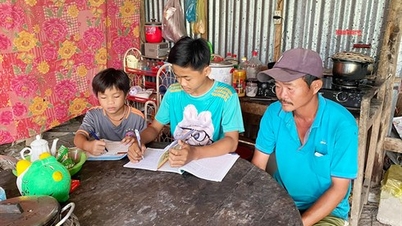
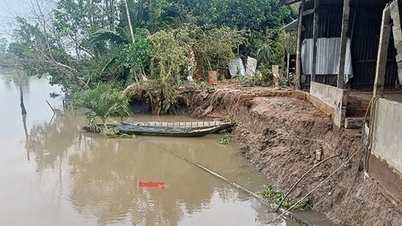














































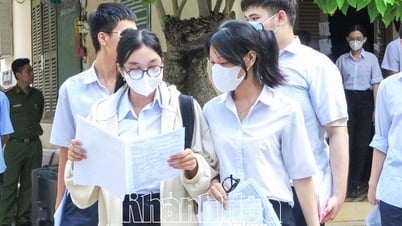

















Comment (0)